Swiss back efforts to revive Middle East peace process
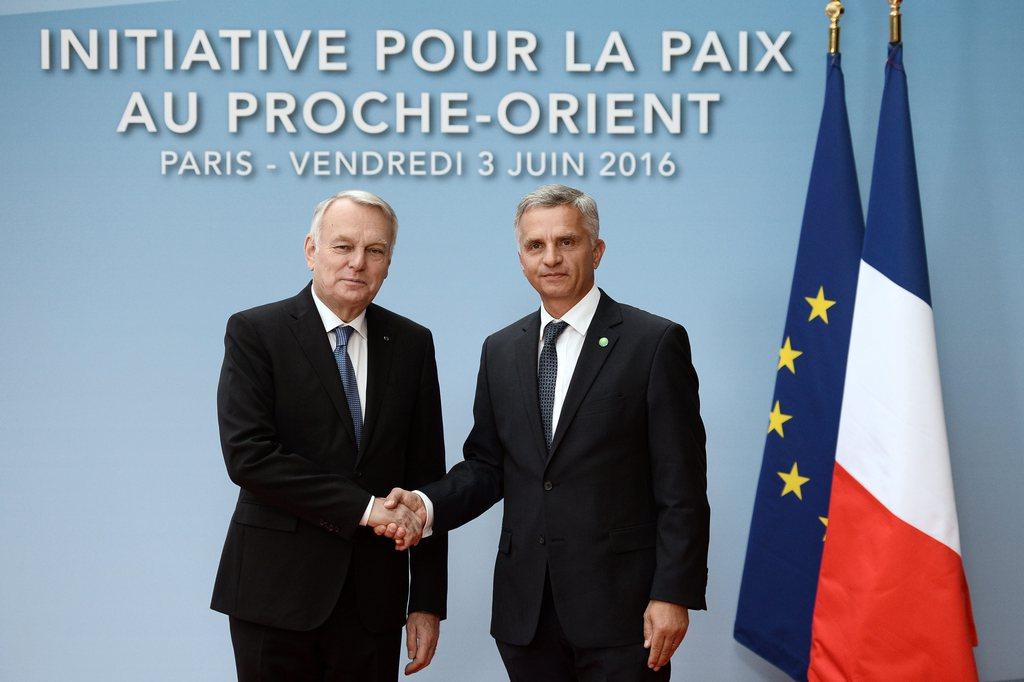
Swiss Foreign Minister Didier Burkhalter has praised the French-led effort to revive the Middle East peace process and has offered Swiss support towards promoting regional security.
“We are ready to contribute to this new dynamic towards a just and long-lasting peace … which is based on a negotiated two-state solution,” he declared at the opening of an international conference in Paris on Friday.
France convened foreign ministers from major powers to try to put Israeli-Palestinian peace-making back on the international agenda and find enough common ground to bring the two sides back to the table by the end of the year.
US Secretary of State John Kerry and United Nations Secretary-General Ban Ki-moon attended, along with representatives from the Arab League, the European Union and other key states. Israeli and Palestinian representatives were absent.
In a statement, the Swiss foreign ministry said Switzerland was “ready to make specific contributions, in particular towards promoting talks on regional security”.
Solutions exist to building a two-state solution, it said. The Geneva Initiative, elaborated with members of Israeli and Palestinian civil society with Swiss support, is an example of a detailed proposal. It offers pragmatic solutions, it noted.
New momentum?
With US efforts to broker a deal on a Palestinian state on Israel-occupied land in deep freeze for two years and Washington focused on its November presidential election, France has lobbied key players to hold a conference that would generate new diplomatic momentum.
France has grown frustrated over the absence of movement towards a “two-state solution” since the collapse of the most recent round of talks in April 2014.
The participants urged the two sides to commit to the two-state solution. They were “alarmed that actions on the ground, in particular continued acts of violence and ongoing settlement activity, are dangerously imperilling the prospects for a two-state solution”, a joint statement said.
The diplomats also reaffirmed their support “for a just, lasting and enduring peace, with two states, Israel and Palestine, living side by side in peace and security”. They also welcomed “the prospect of convening before the end of the year an international conference”.
Confidence-building measures
Burkhalter said progress was needed on two fronts. There had to be acceptance of the United Nations Security Council resolutions rejecting the annexation of the Golan Heights and East Jerusalem, which were recognised by the international community, as well as respect for international law.
Specific confidence-building measures were also needed, he went on. On the Palestinian side this could entail strong political positions opposing any calls for violence; on the Israeli side the freezing of colony-building activities in the West Bank and East Jerusalem.
“Switzerland is prepared to continue its efforts for the restoration of a democratic and inclusive Palestinian governance and for inter-Palestinian reunification,” Burkhalter said. “The holding of general elections in Palestine in the near future is essential.”

In compliance with the JTI standards
More: SWI swissinfo.ch certified by the Journalism Trust Initiative
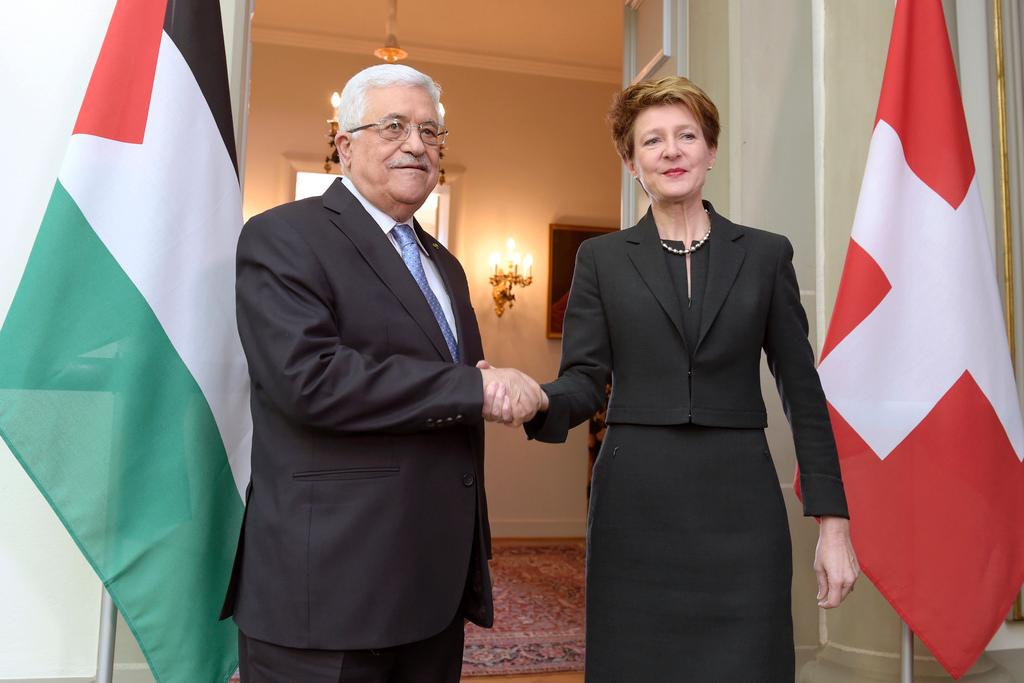
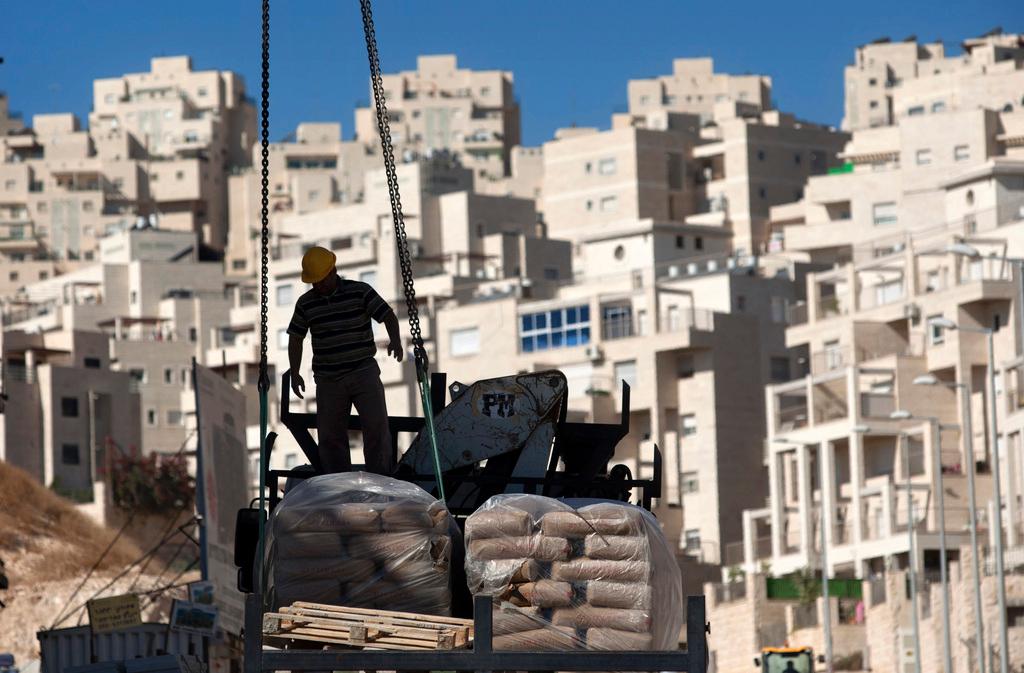
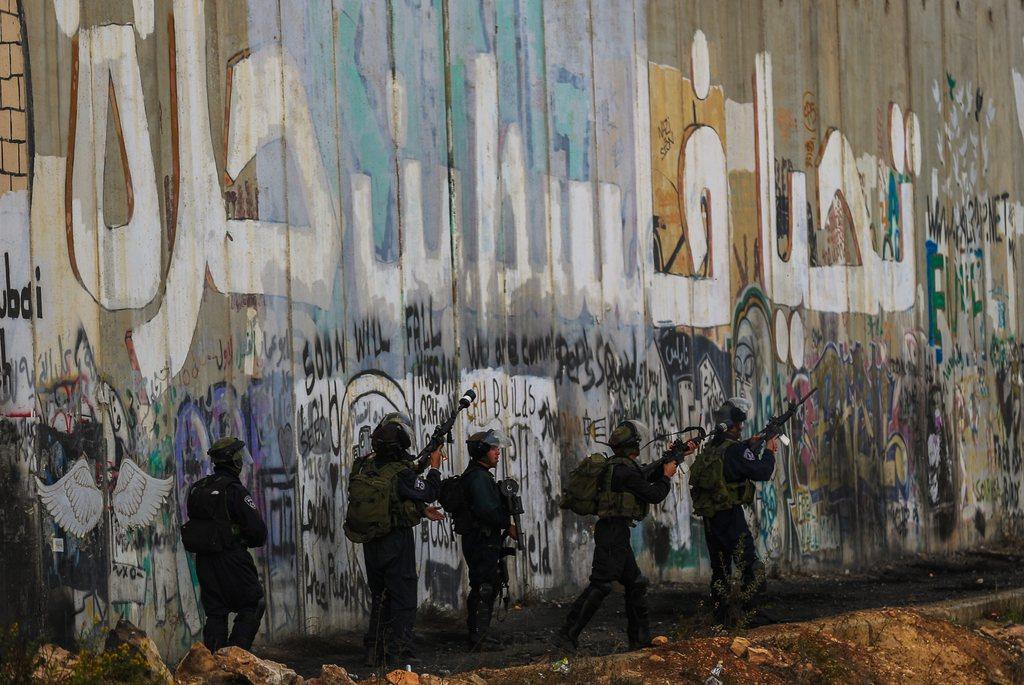
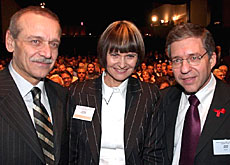
You can find an overview of ongoing debates with our journalists here. Please join us!
If you want to start a conversation about a topic raised in this article or want to report factual errors, email us at english@swissinfo.ch.